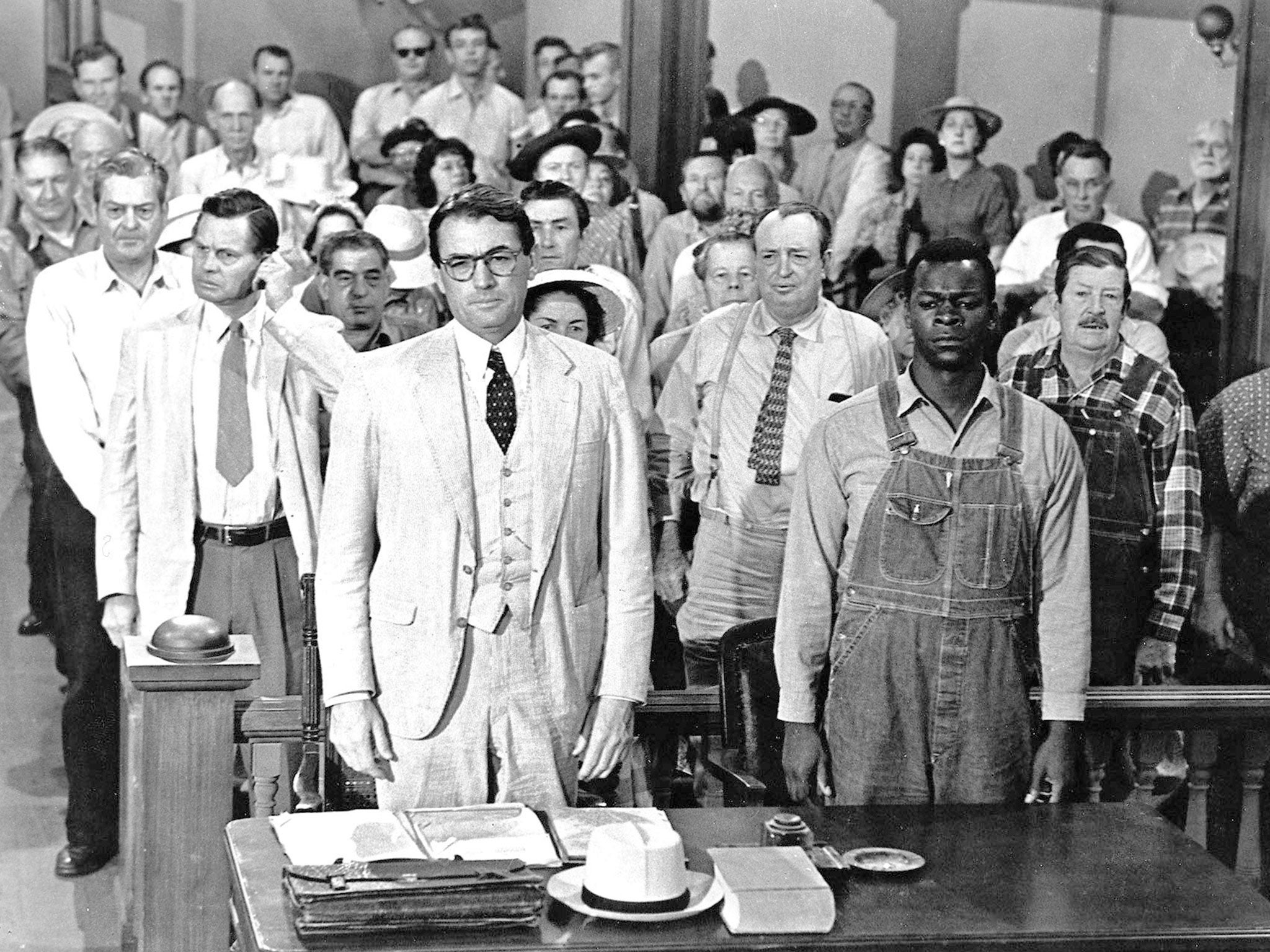The best coming of age books have a dangerous edge: Week in Books column
JD Salinger's 1951 classic coming-of-age book still resonates

Last week, a long-list of the 50 best coming-of-age novels was released, to be whittled down to 21 and an overall winner, by a panel at The Independent Bath Literature Festival next month. It was no surprise that The Catcher in the Rye topped that long-list. JD Salinger’s is one of those books that tops many “best of…” lists, as are several of the (slightly too predicable) other titles (Jane Eyre, David Copperfield, Littel Women), but I am pleased TCITR is there nonetheless.
Holden Caulfield is the quintessential delinquent-in-the-making who bunks off school and see the world to be full of “phoneys”. In him, we see the prototype for darker, more alienated, contemporary anti-heroes of coming-of-age fictions whose rebellions turn fatal, from Malcolm McDowell’s boarding school rebel in the 1968 film If... to murderous young Kevin in Lionel Shriver’s We Need to Talk About Kevin.
It is no surprise either that Salinger’s book was censored on and off for decades after its publication in 1951, and apparently linked to assassins. There is an argument for saying that the best coming-of-age novel is dangerous, counter-cultural, or at least edgy. And involves pain too.
Many on this list have a happy ending but no character comes through their journey without immense suffering first, such as in the case of Pip’s shame over his poverty and parentage in Great Expectations, and Jane’s orphanage experience in Jane Eyre. In this narrative arc lies the embedded message that growing up is a messy – even ugly – business, even if outright tragedy is averted by the end.
This kind of story shows us the almost-brutal moment when childhood seems suddenly to be gone, replaced by an often alarming, cruel, or disappointing adult world. My own such favourite is LP Hartley’s The Go-Between – sadly not on the list – in which a boy is caught in the crossfire of adult desires, but Jeanette Winterson’s Oranges Are Not The Only Fruit – which is on the list – is another fine example. That same danger lurks for Scout when her childhood world of make-belief and play is shattered by racism in the Deep South in Harper Lee’s To Kill a Mockingbird. The most memorable bildungsroman though is the one that captures not only the inner journey of its child character but something of our own transitions into adulthood too. That is maybe why Harry Potter is on this list, and The Curious Incident of the Dog in the Night-Time, alongside the “timeless” favourites. These books have an infectious quality which makes them talked about by a generation, at roughly the same time – water cooler coming-of-age books! Looking back, they remind us of the moment when reality shifted for us, maybe over a summer which held some awakening, or fracture, after which we no longer felt like children.
Some are more generation-specific than others, such as the Judy Blume novels, one of which is on this long-list (Are You There God, It’s Me, Margaret) which were defining for my generation of girls in the 1980s.
Either way, what this list ultimately proves is that the best coming-of-age fictions are not only Young Adult stories or crossover novels. They are novels which we might first encounter at school, and reread, and continue to feel moved by, throughout our lives. They mature with us, and we with them.
Secrets of a family feud
The news that Ted Hughes’ sister, Olwyn Hughes, died this week will open speculation about whether she has left secrets to be divulged. Carol Hughes, the poet’s widow, paid homage to her as “forthright and a force to be reckoned with”. She was close to her brother, acting as his agent, and feuded with Sylvia Plath, so if there are papers to be released, they are likely to be outspoken.
Subscribe to Independent Premium to bookmark this article
Want to bookmark your favourite articles and stories to read or reference later? Start your Independent Premium subscription today.

Join our commenting forum
Join thought-provoking conversations, follow other Independent readers and see their replies